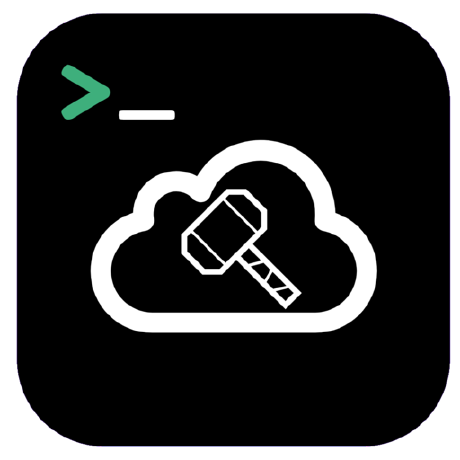Discover and explore top open-source AI tools and projects—updated daily.
nixos-configuration by  LongerHV
LongerHV
NixOS configuration management
Top 86.4% on SourcePulse
This repository provides a personal NixOS configuration, designed for users who want to manage their system declaratively. It offers a reproducible setup for NixOS and can also be used to bootstrap Nix and Home Manager on non-NixOS systems like Ubuntu.
How It Works
The configuration leverages Nix flakes for managing dependencies and system state. It uses Home Manager to manage user-specific configurations, including dotfiles and installed packages, ensuring a consistent user environment across different machines. The NixOS configuration itself defines system-level settings, services, and packages.
Quick Start & Requirements
- NixOS Installation:
# As root HOST=<your-host-name> nix-shell git clone https://this.repo.url/ /etc/nixos cd /etc/nixos nixos-install --root /mnt --impure --flake .#$HOST - Non-NixOS (Ubuntu) Bootstrap:
# Install git, curl, xz sudo apt install git xz-utils curl git clone https://gitlab.com/LongerHV/nixos-configuration.git cd nixos-configuration # Install Nix (single-user) sh <(curl -L https://nixos.org/nix/install) --no-daemon # Activate Nix profile . ~/.nix-profile/etc/profile.d/nix.sh echo ". $HOME/.nix-profile/etc/profile.d/nix.sh" >> ~/.profile echo ". $HOME/.nix-profile/etc/profile.d/nix.sh" >> ~/.zprofile # Open shell with nix and home-manager nix-shell # Remove system nix to avoid conflicts nix-env -e nix # Install configuration home-manager switch --flake .#mmieszczak # Set zsh as default shell echo ~/.nix-profile/bin/zsh | sudo tee -a /etc/shells usermod -s ~/.nix-profile/bin/zsh $USER - Prerequisites: Git, curl, xz-utils. Nix installation is handled by the script.
- Resources: NixOS Manual, Home-manager Docs
Highlighted Details
- Supports NixOS system configuration and Home Manager for dotfiles.
- Includes steps for bootstrapping Nix and Home Manager on Ubuntu.
- Provides a template for building NixOS ISO images.
Maintenance & Community
This appears to be a personal configuration repository. No specific community links or maintenance signals are provided in the README.
Licensing & Compatibility
The README does not explicitly state a license. The presence of Nix and Home Manager suggests compatibility with their respective licenses. Commercial use would require careful review of any underlying licenses.
Limitations & Caveats
The configuration is tailored for specific user accounts (mmieszczak) and hostnames ($HOST), requiring modification for general use. The Ubuntu bootstrap process involves removing the system-installed Nix, which might be undesirable in some environments.
8 hours ago
Inactive

 3rfaan
3rfaan kutsan
kutsan utensils
utensils malob
malob strowk
strowk k3d3
k3d3 uhub
uhub joshsymonds
joshsymonds x-cmd
x-cmd freekmurze
freekmurze Comfy-Org
Comfy-Org HariSekhon
HariSekhon